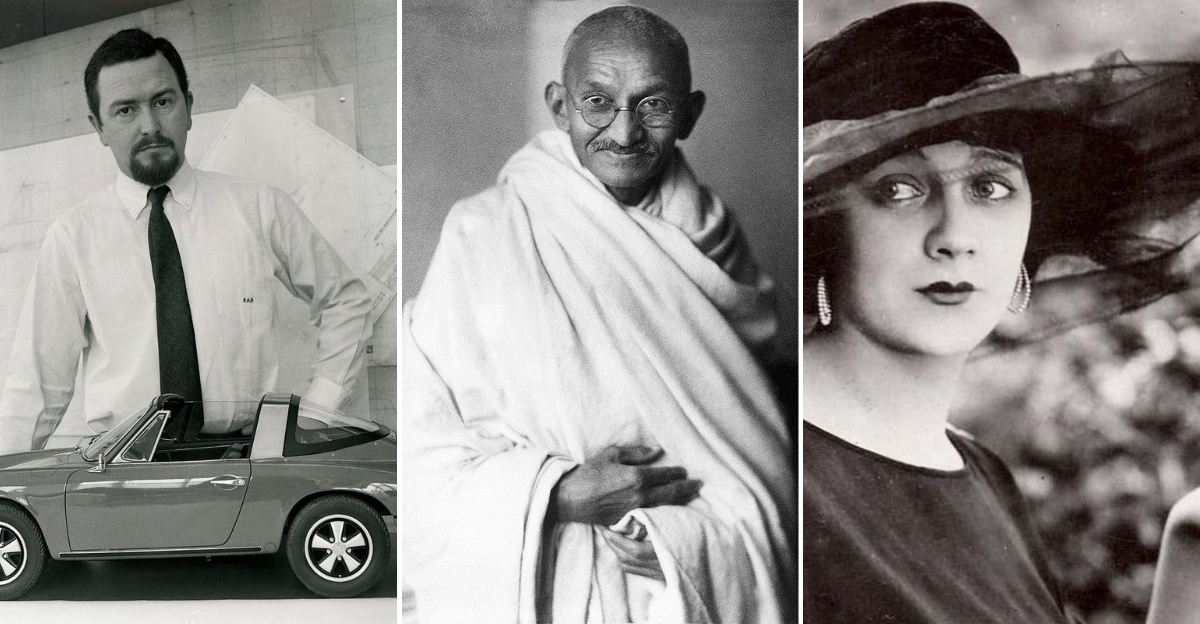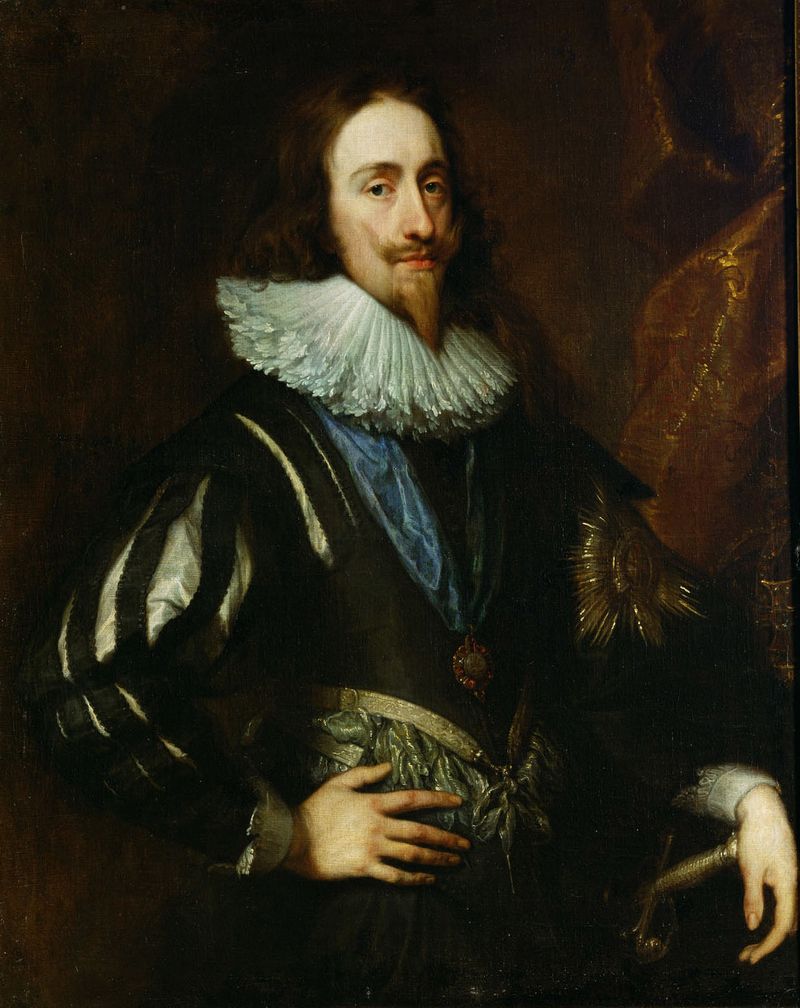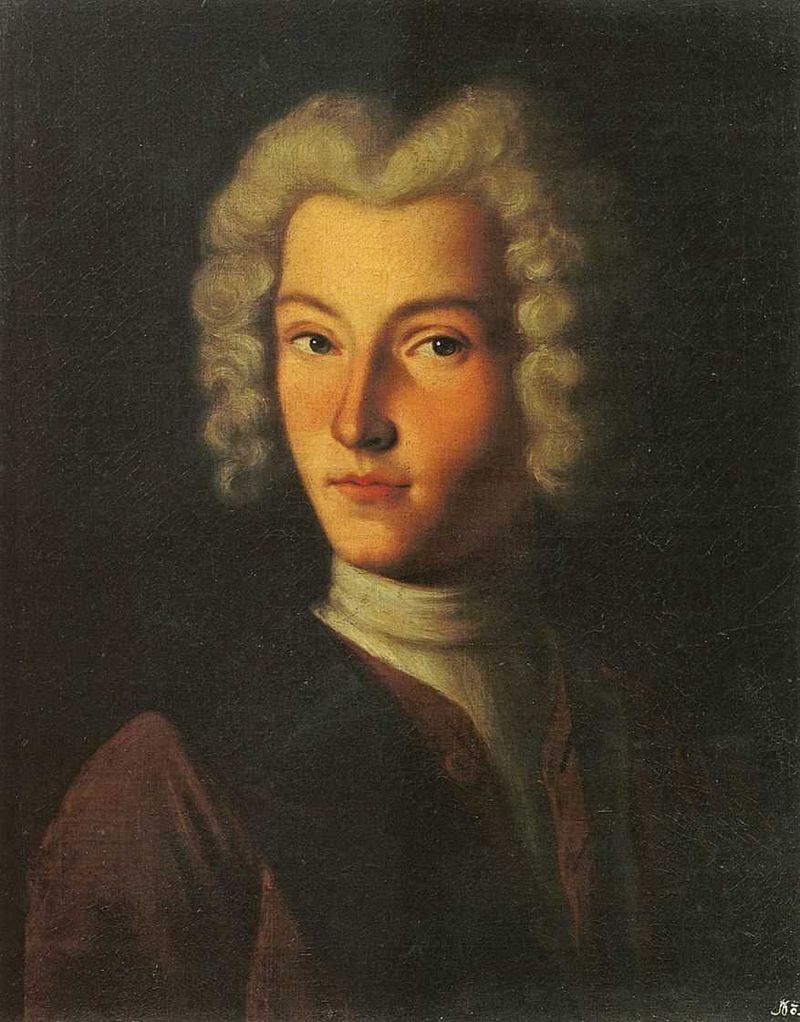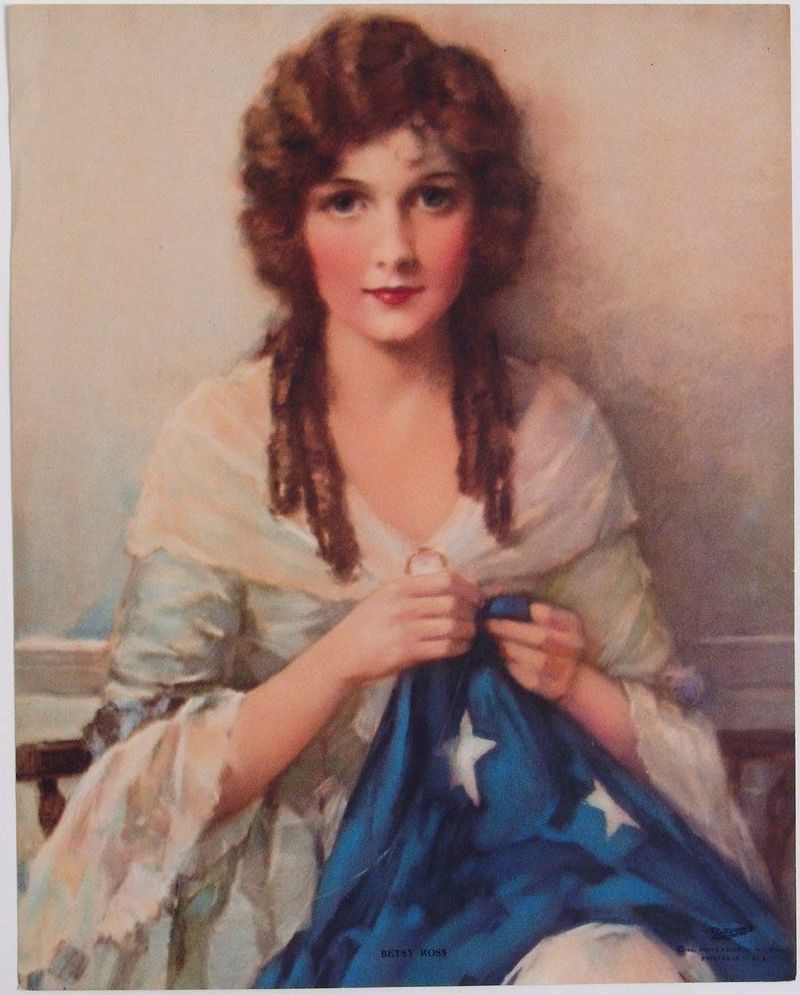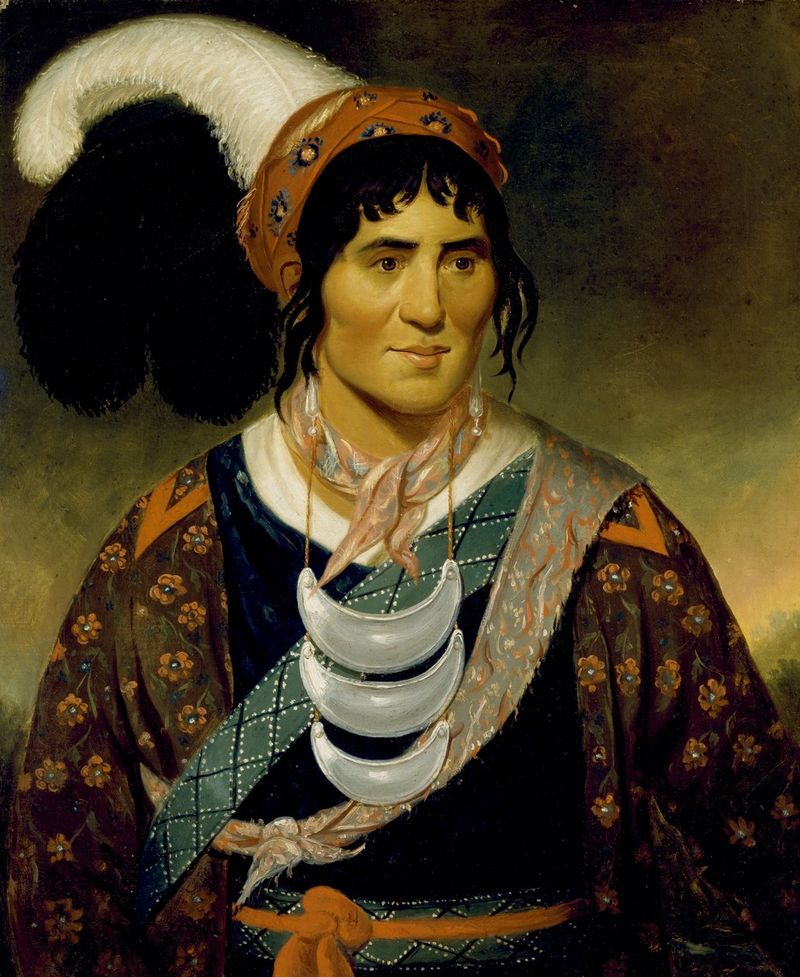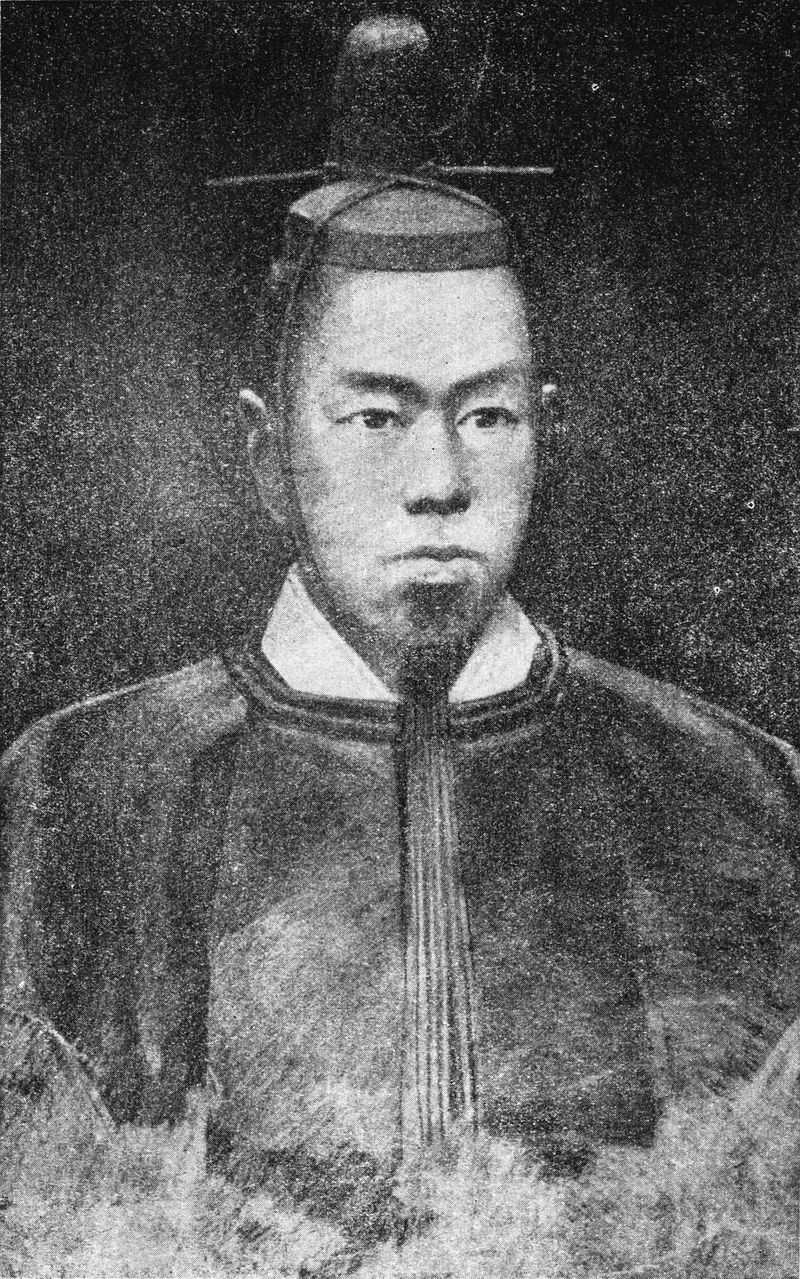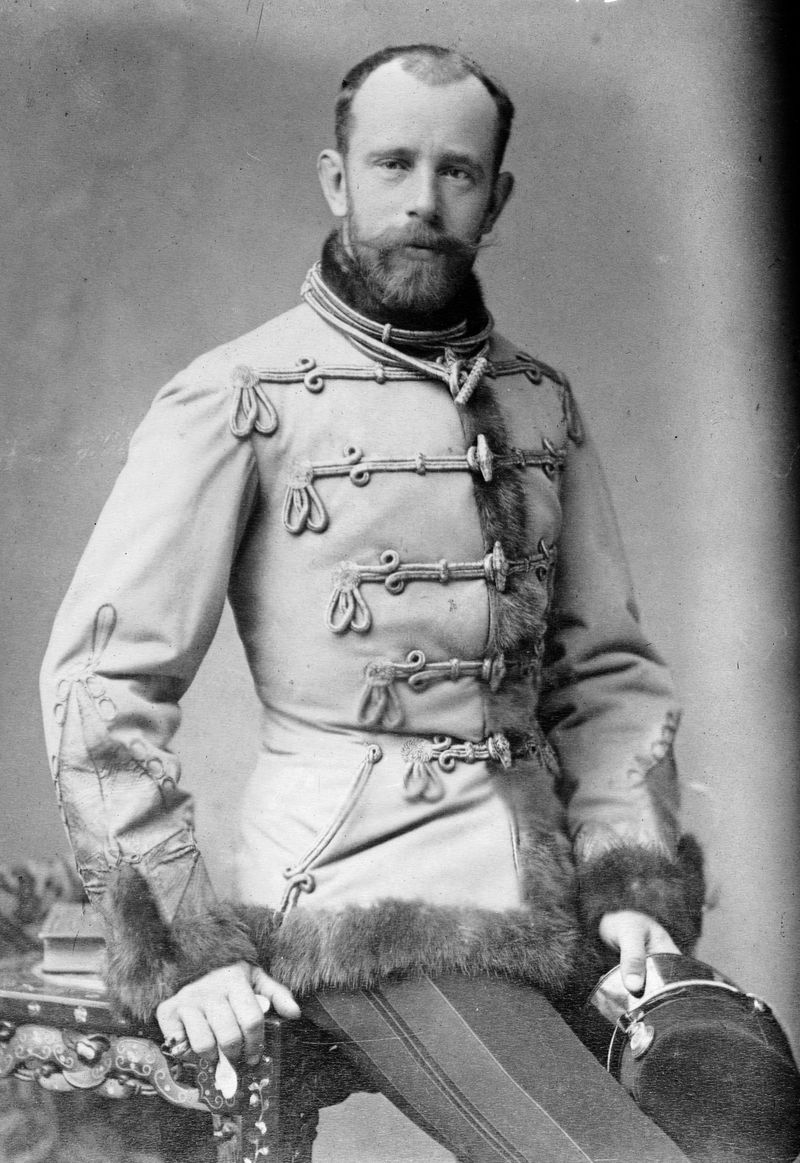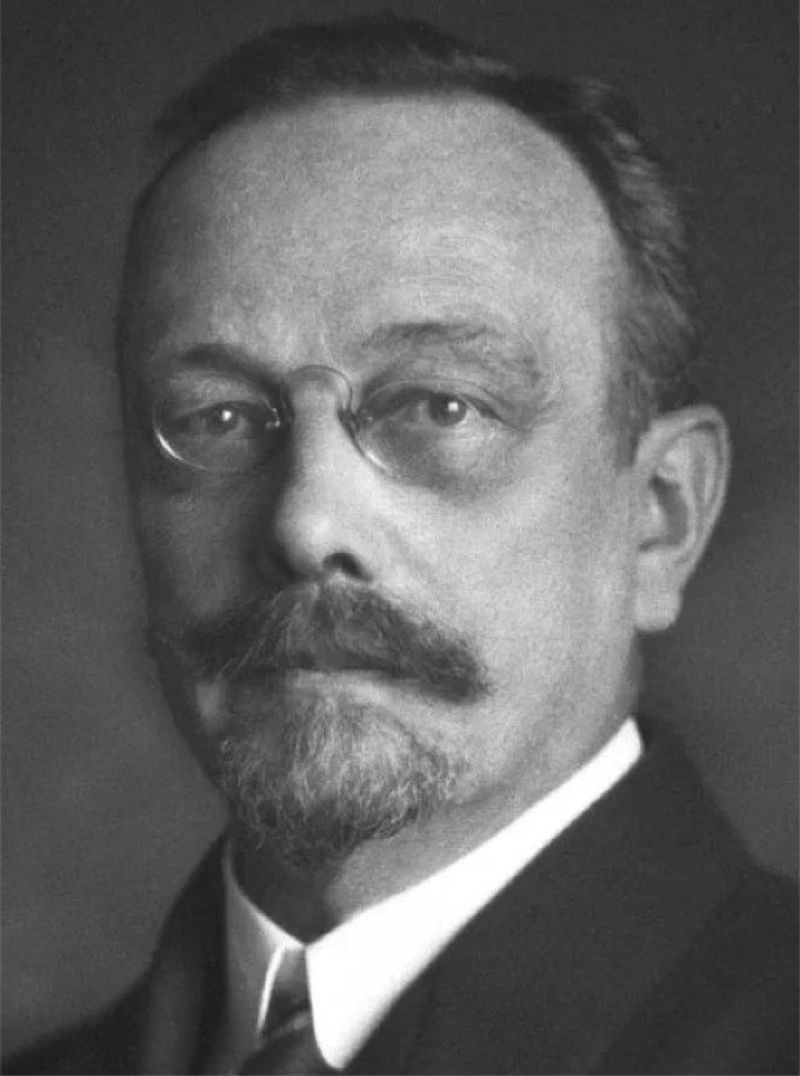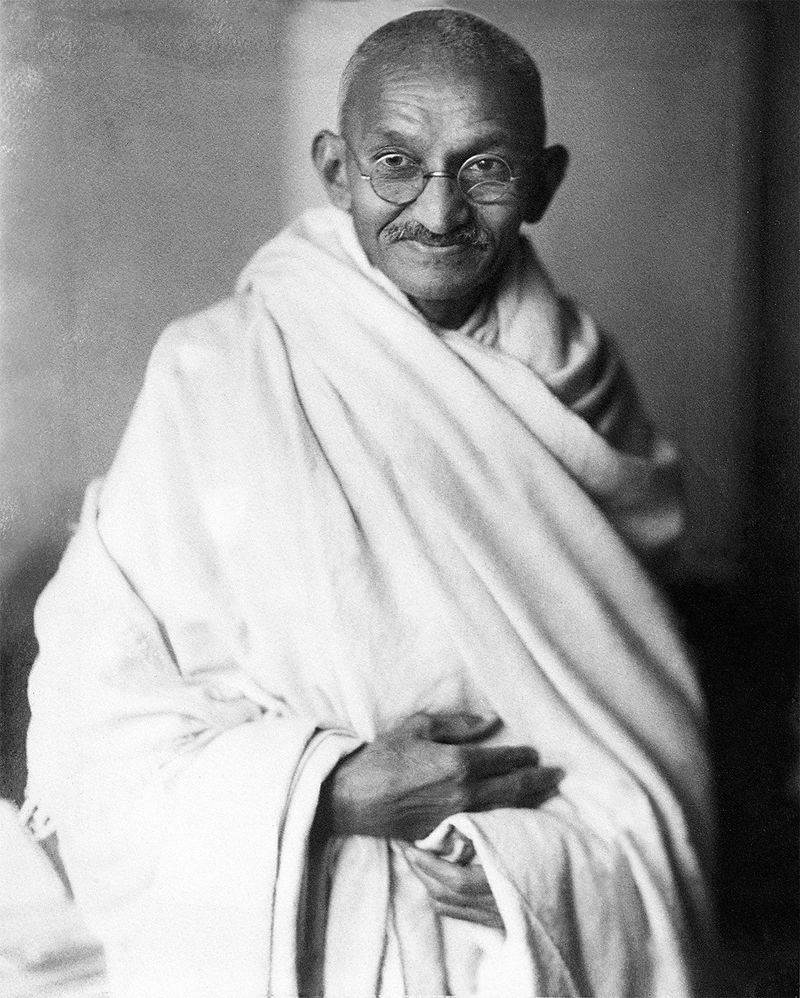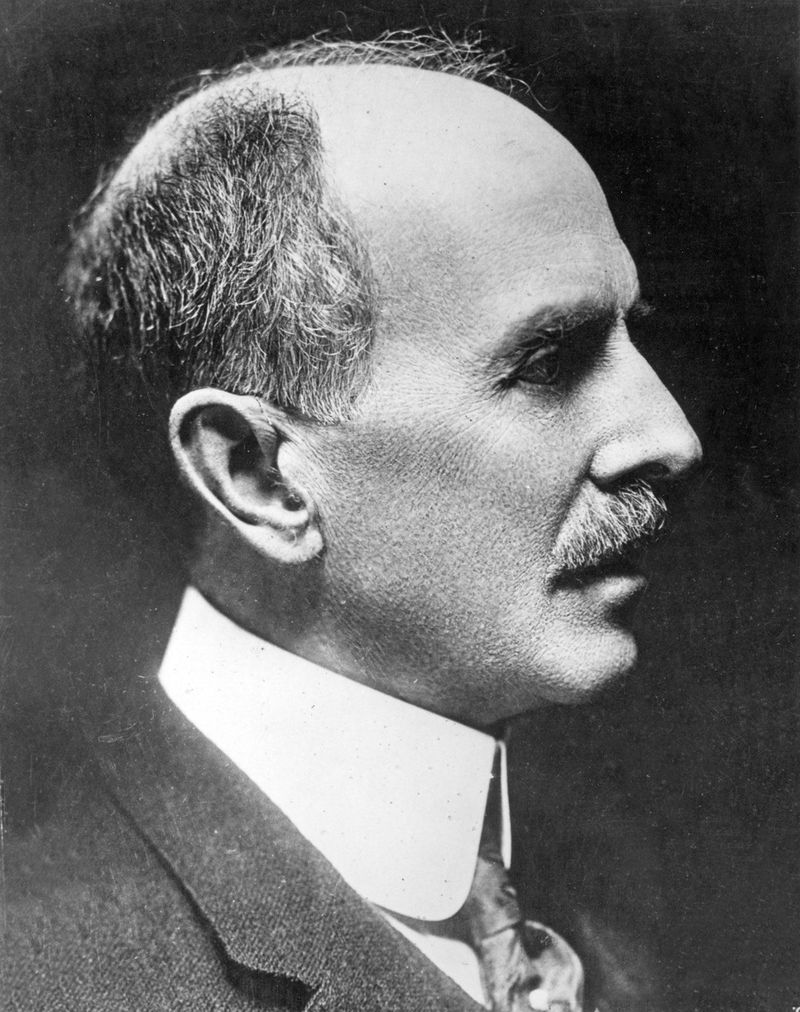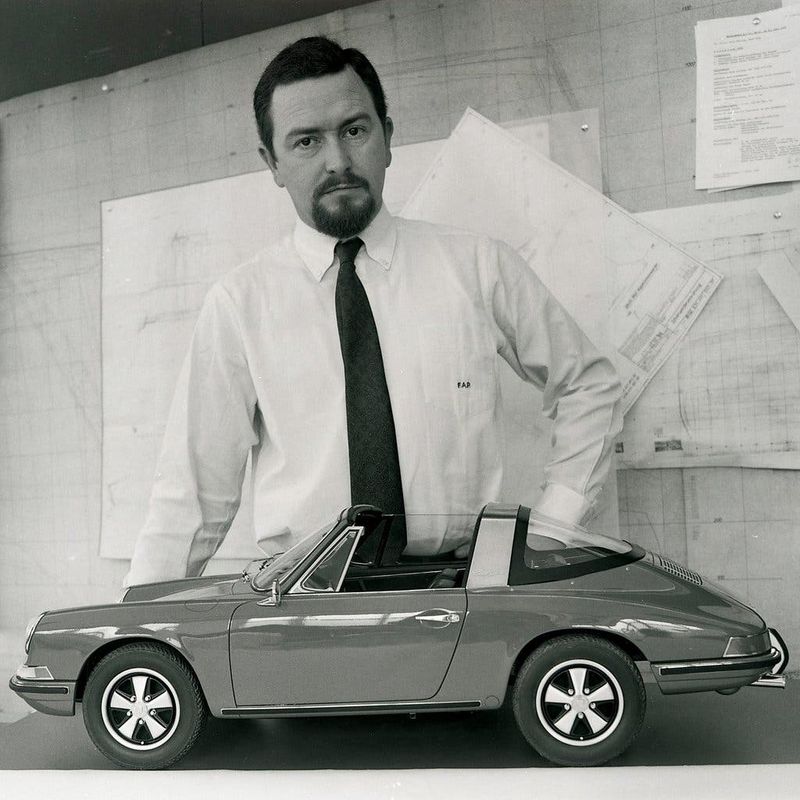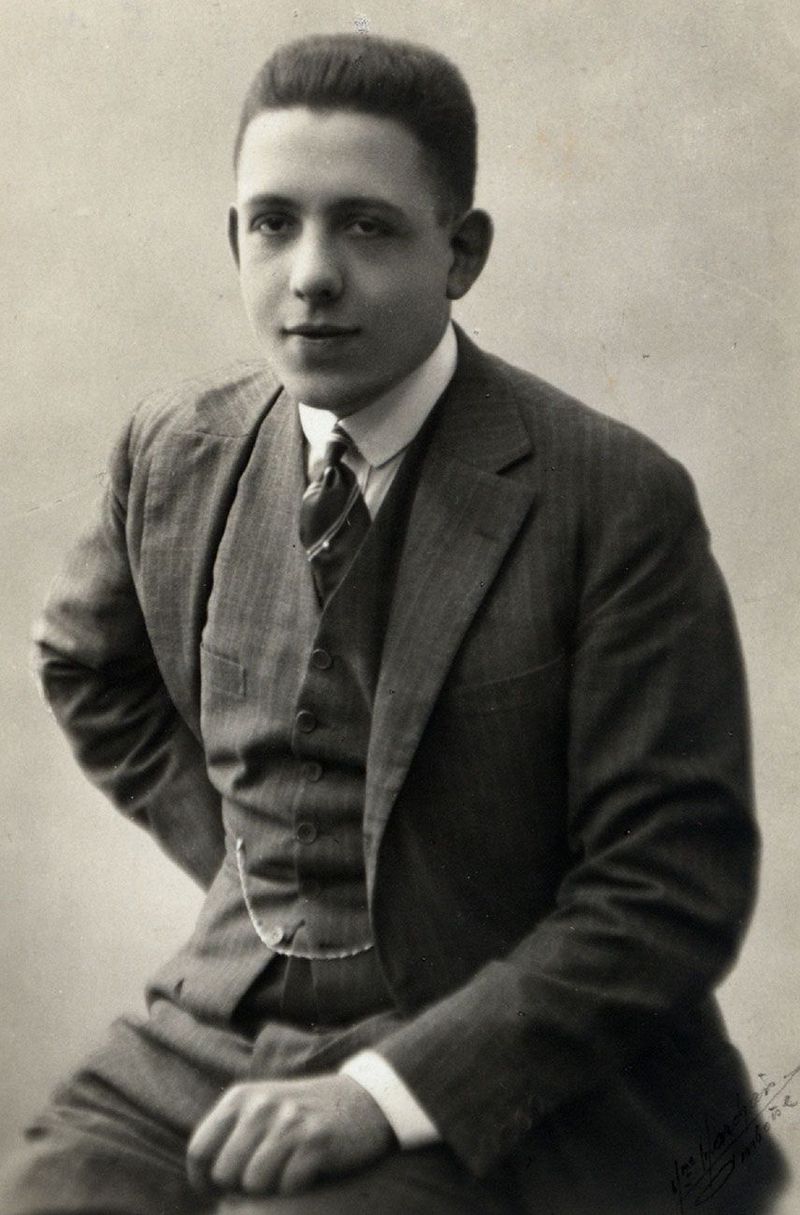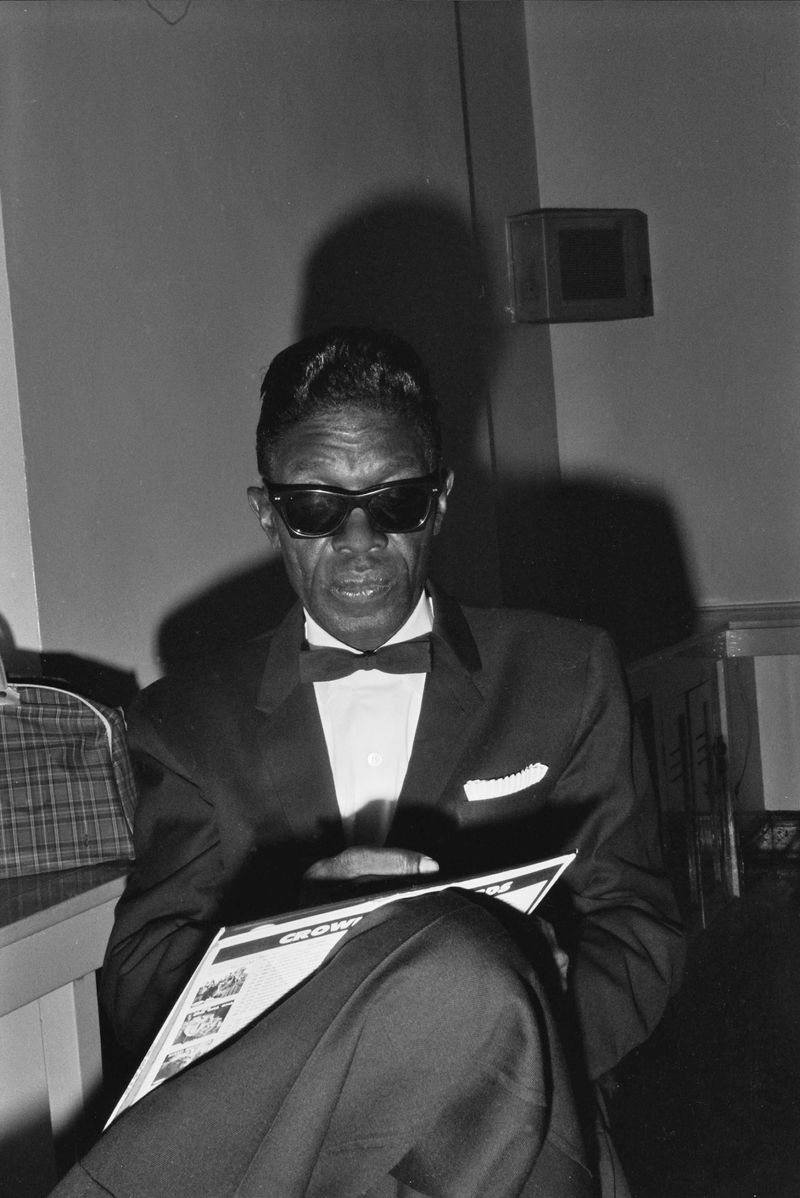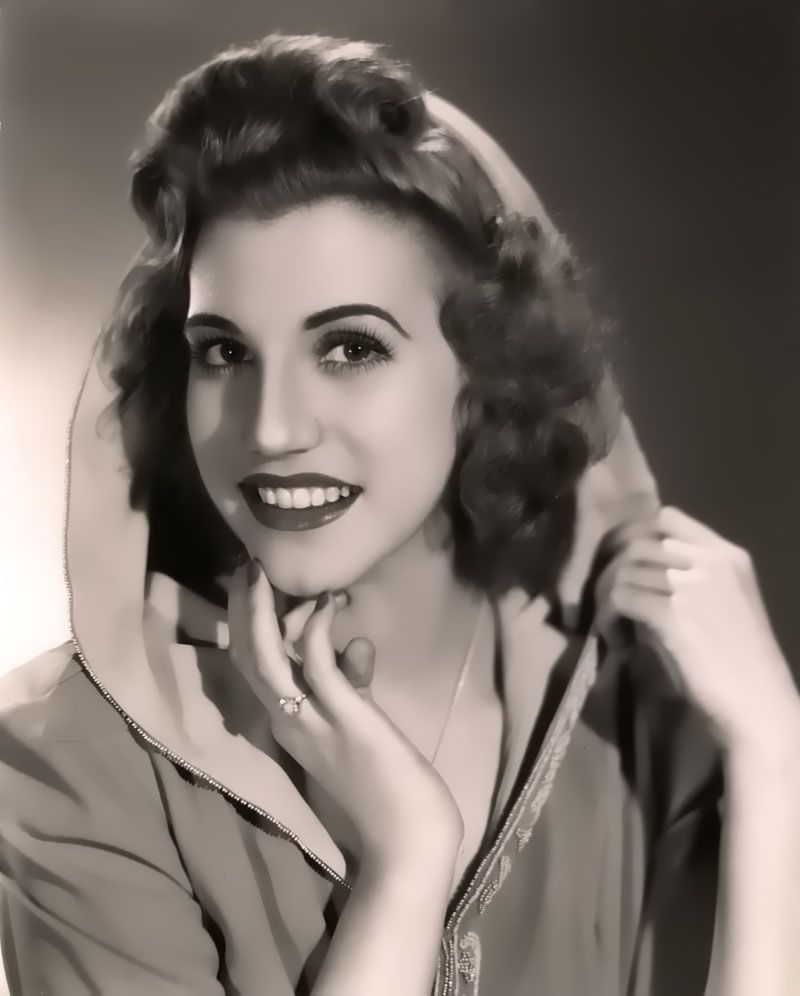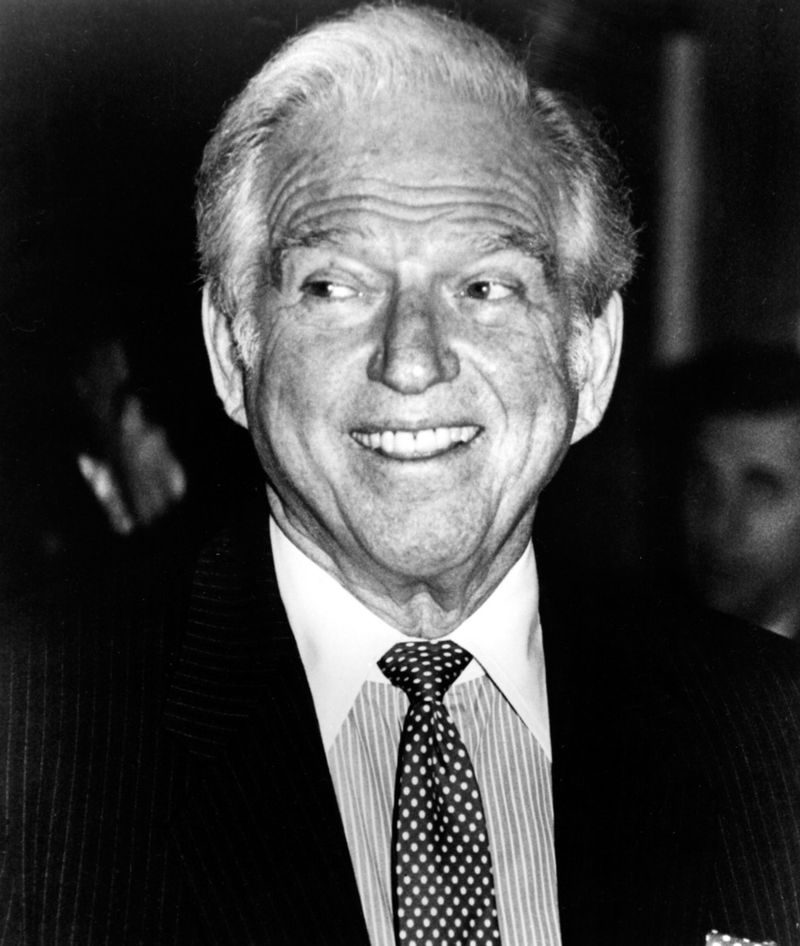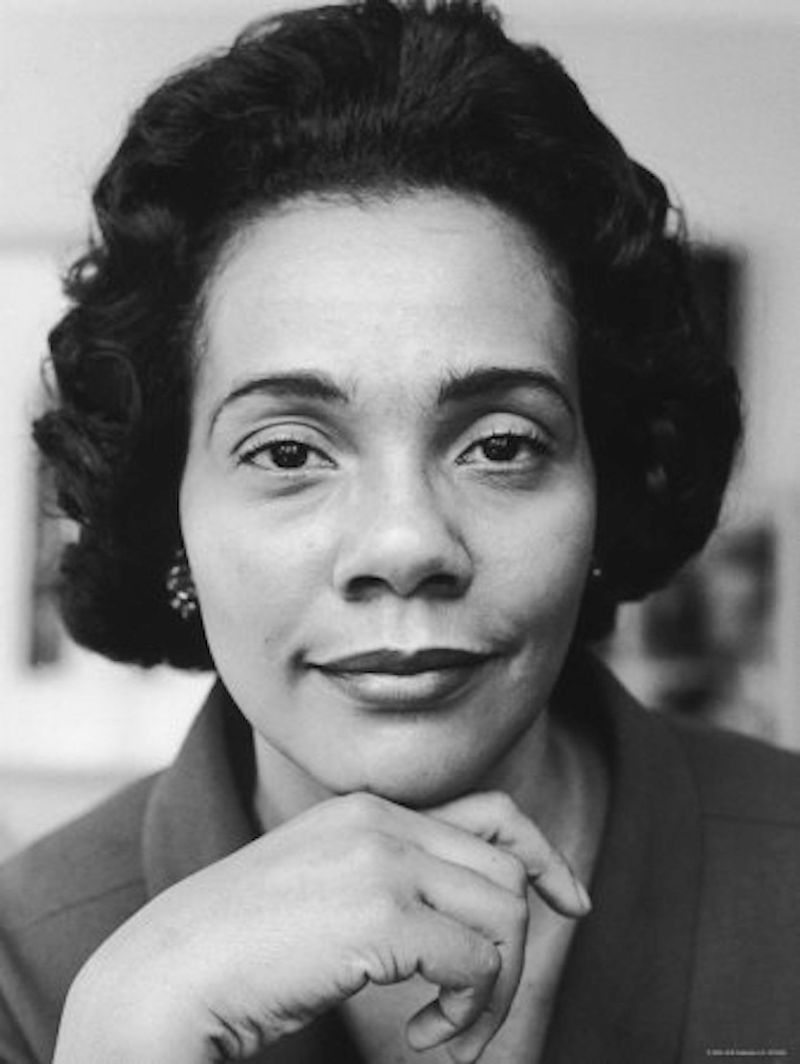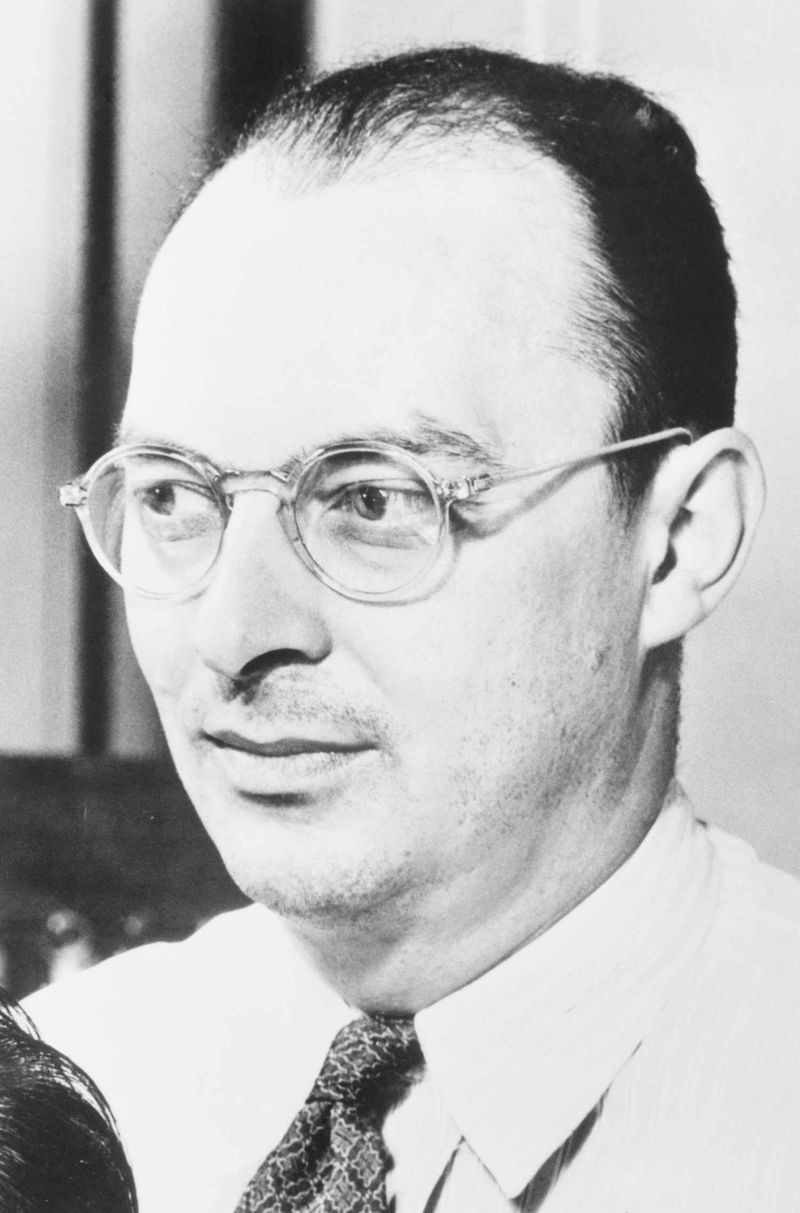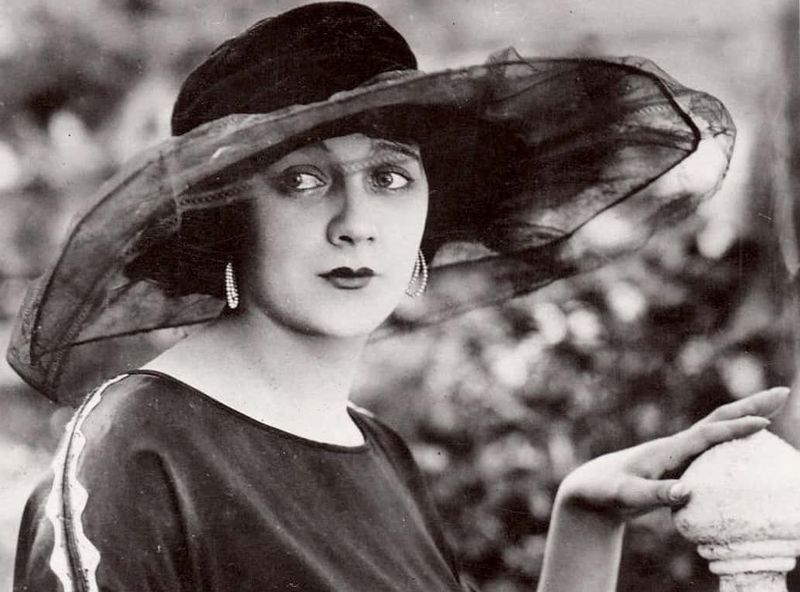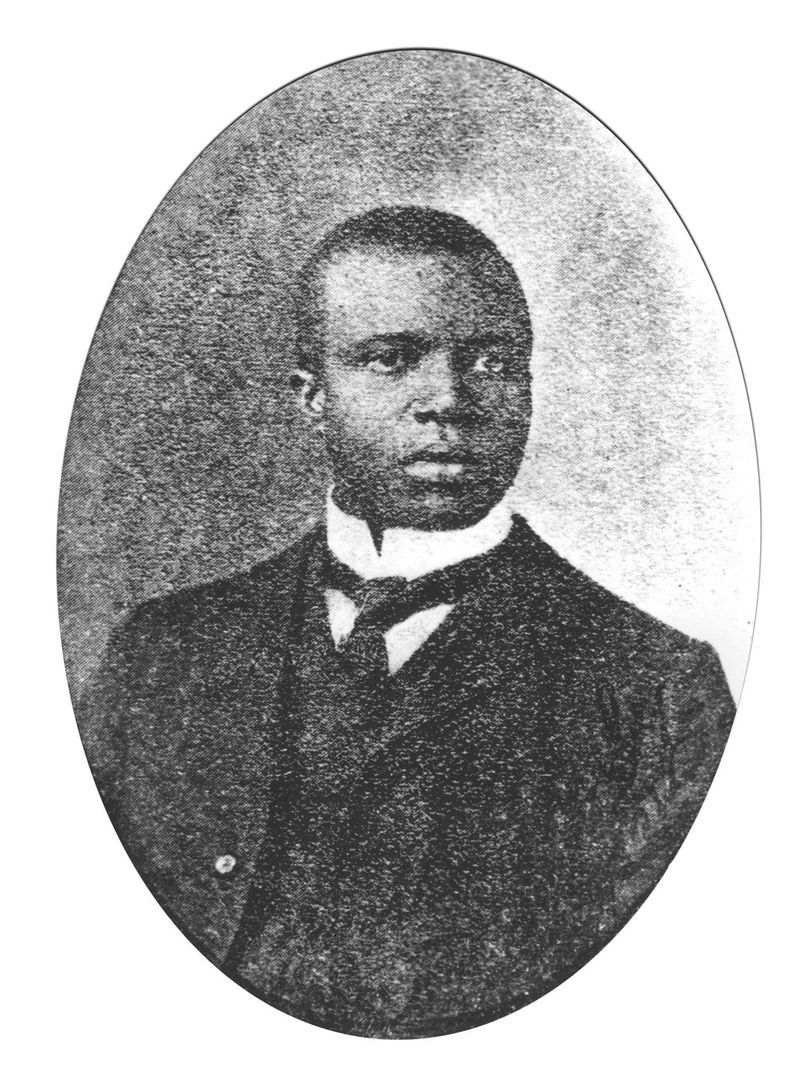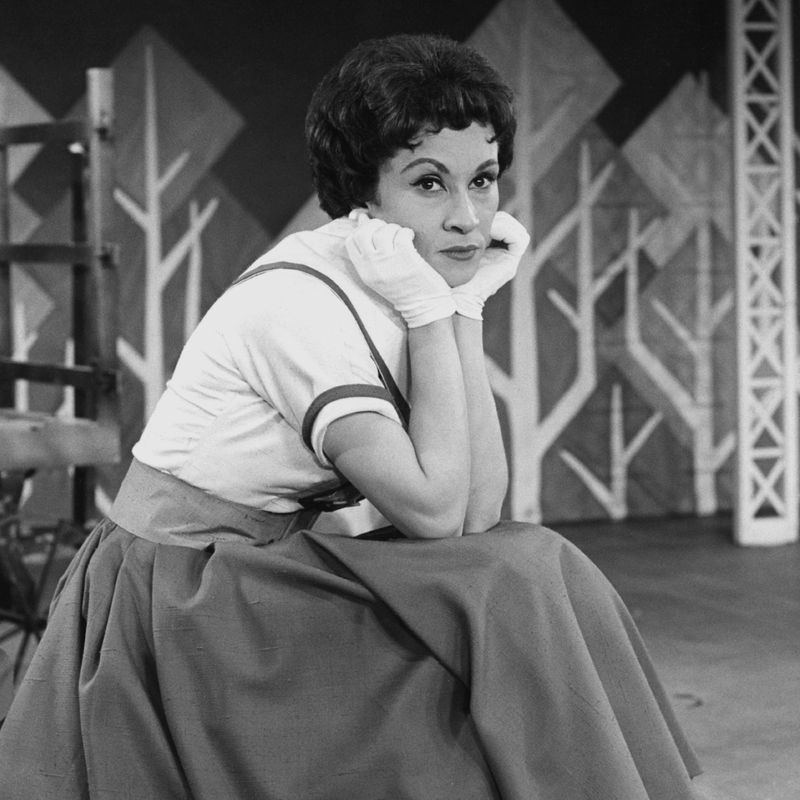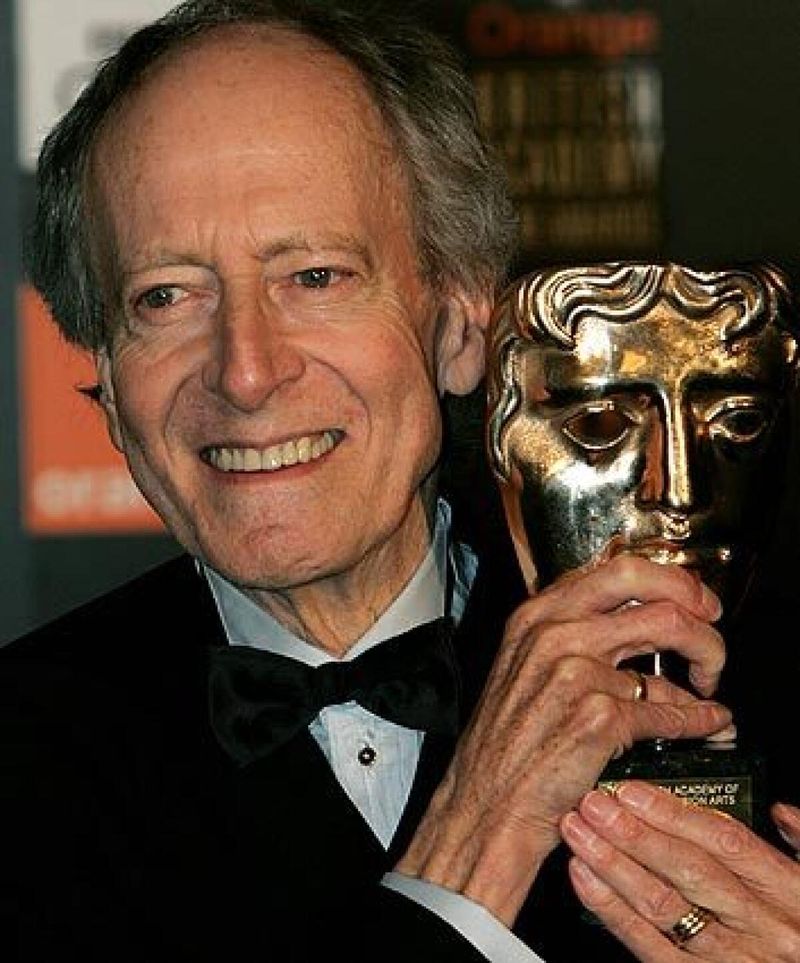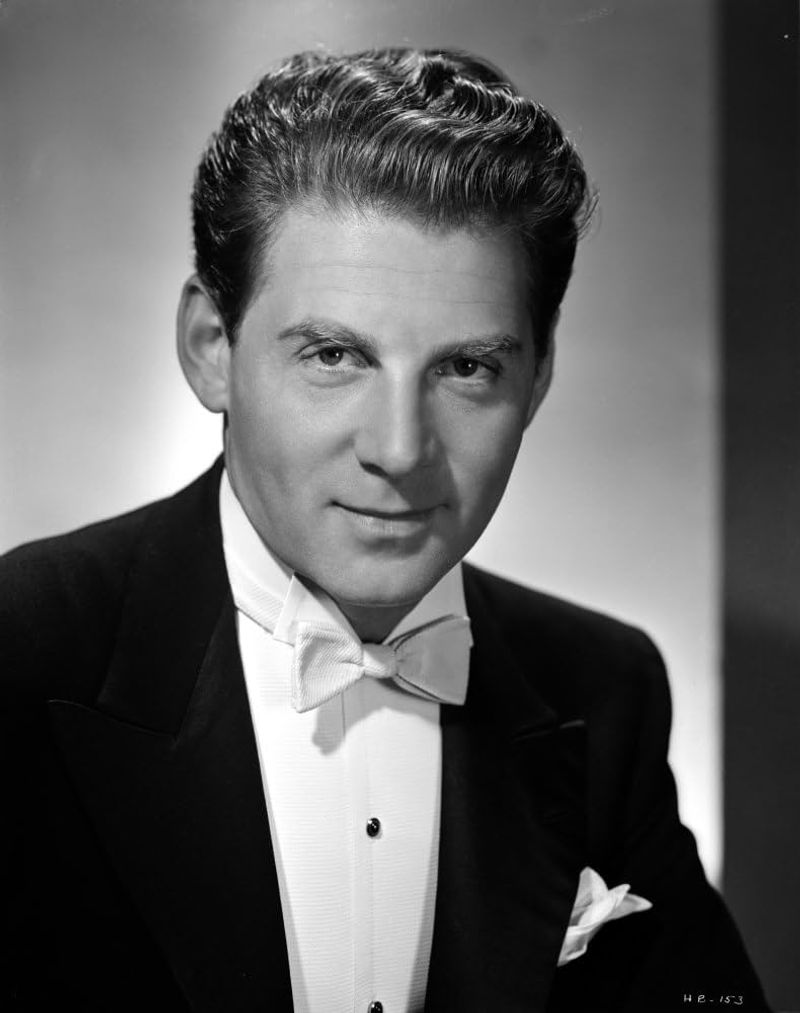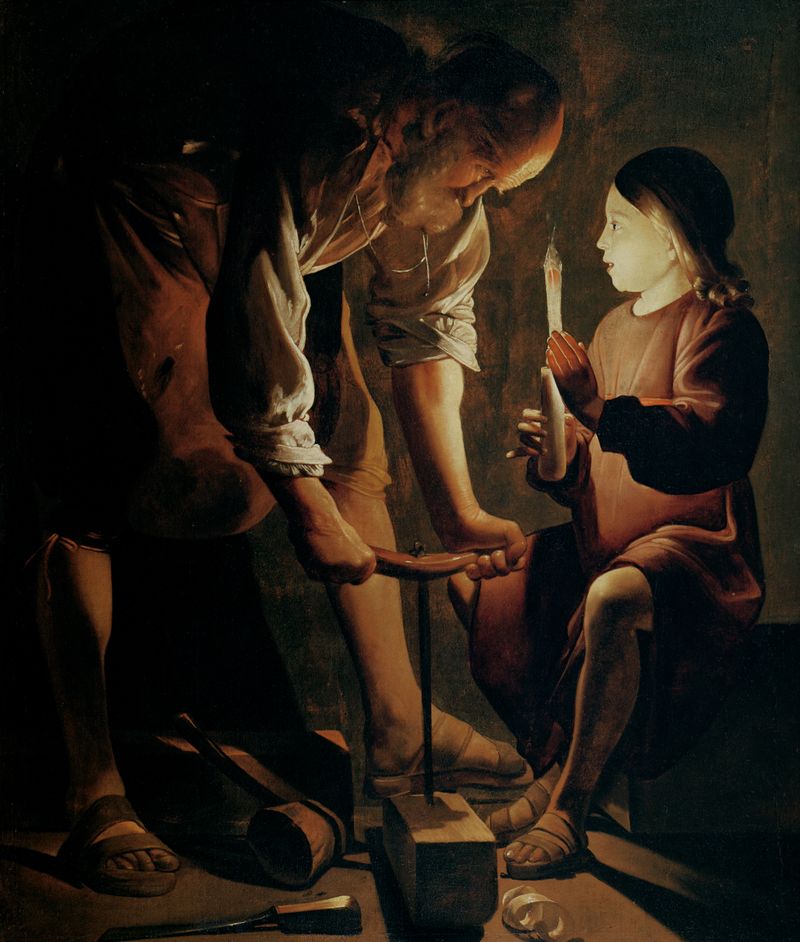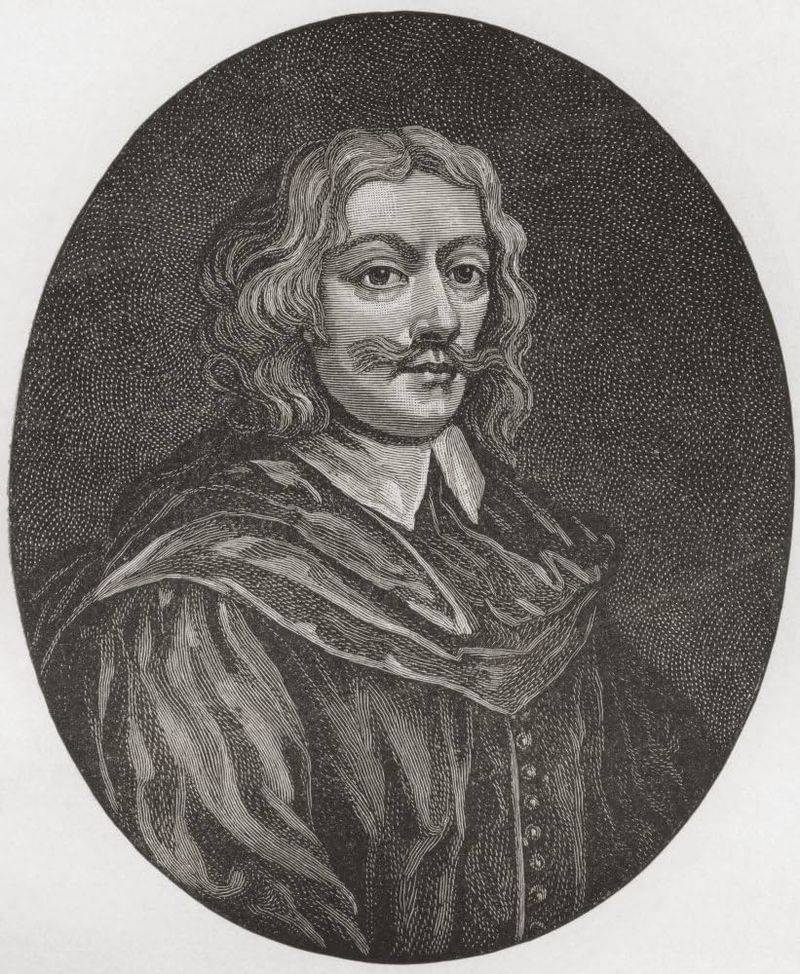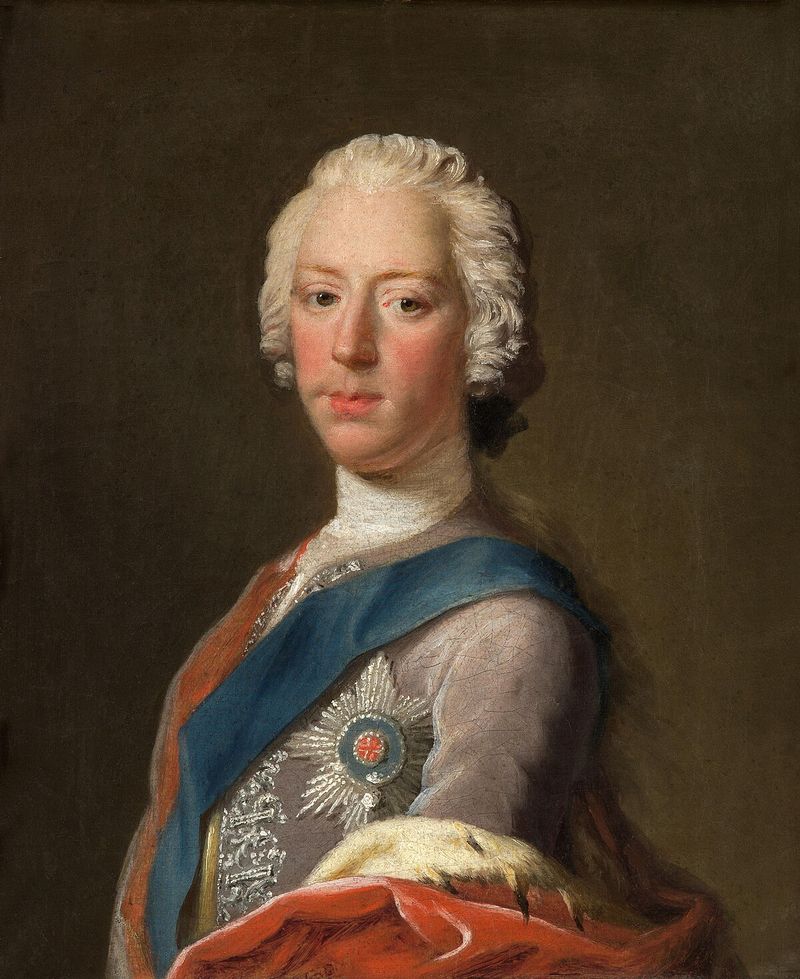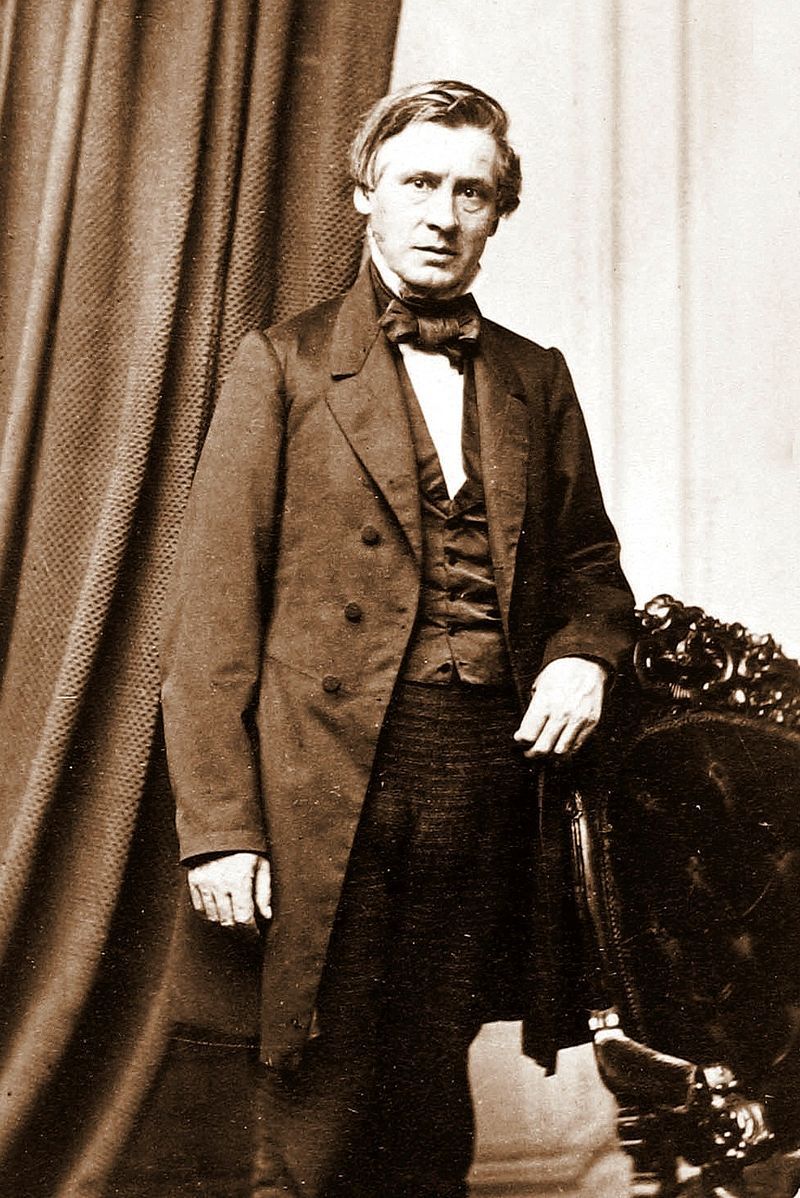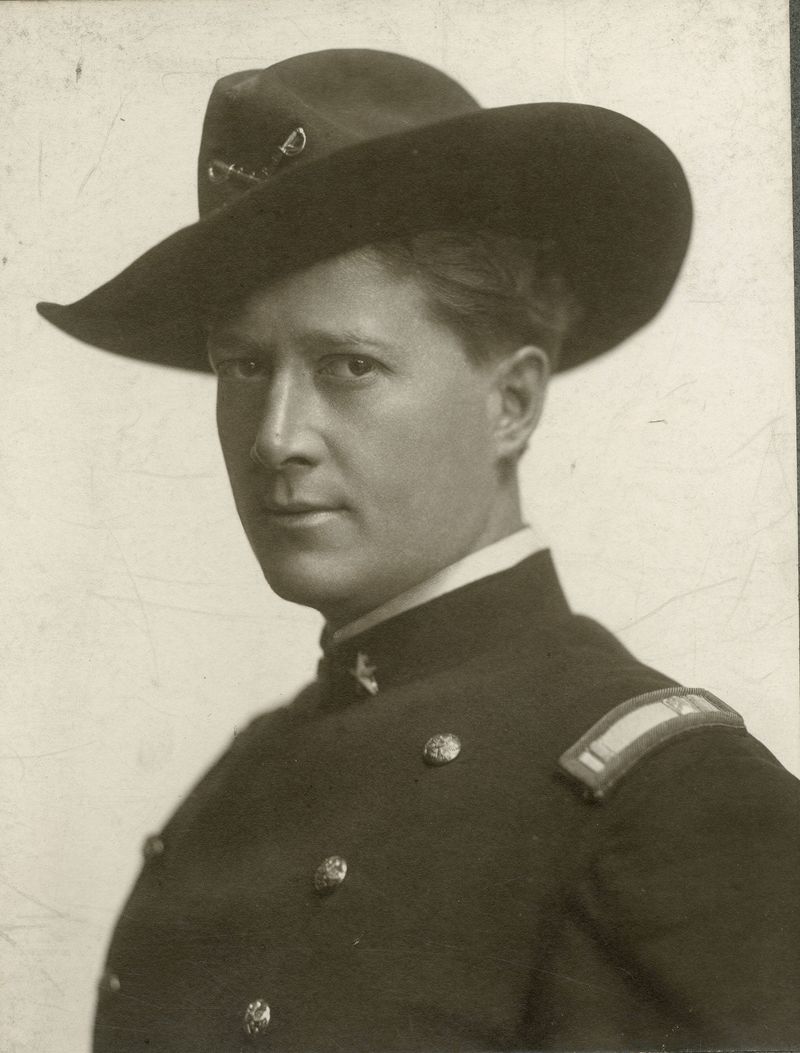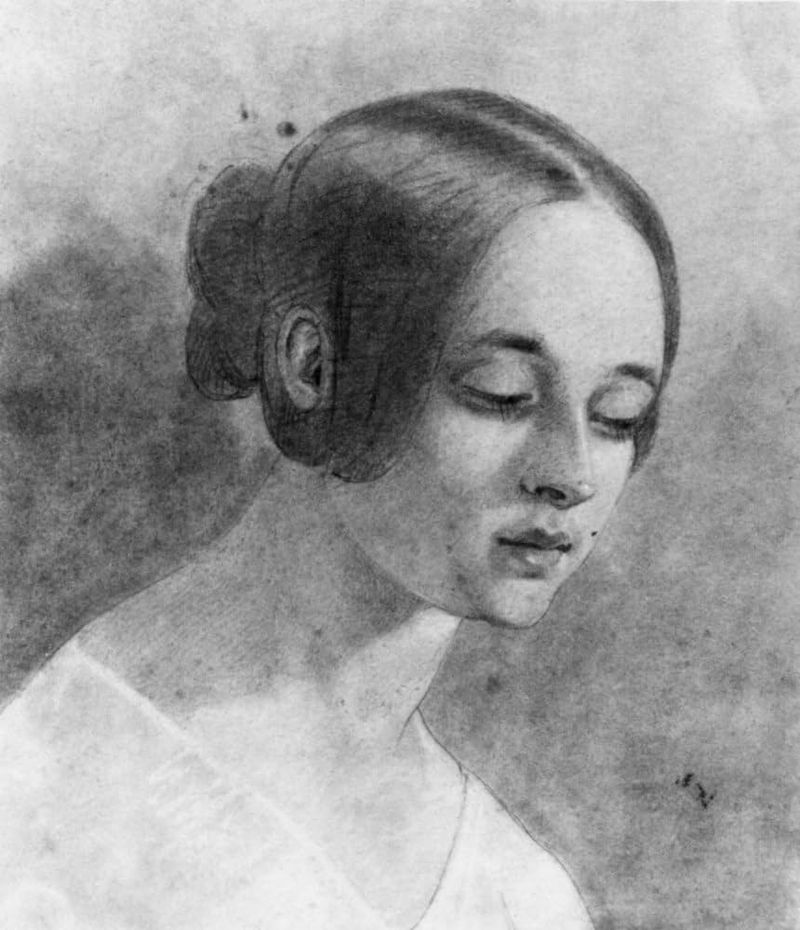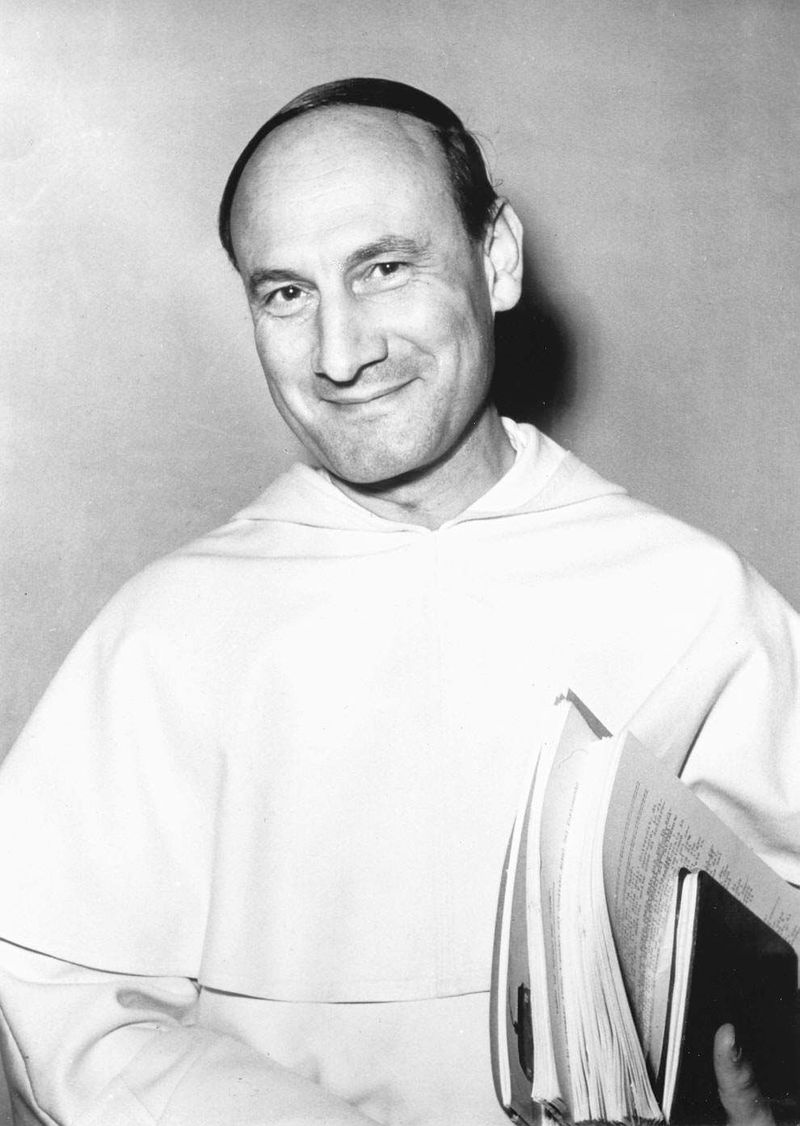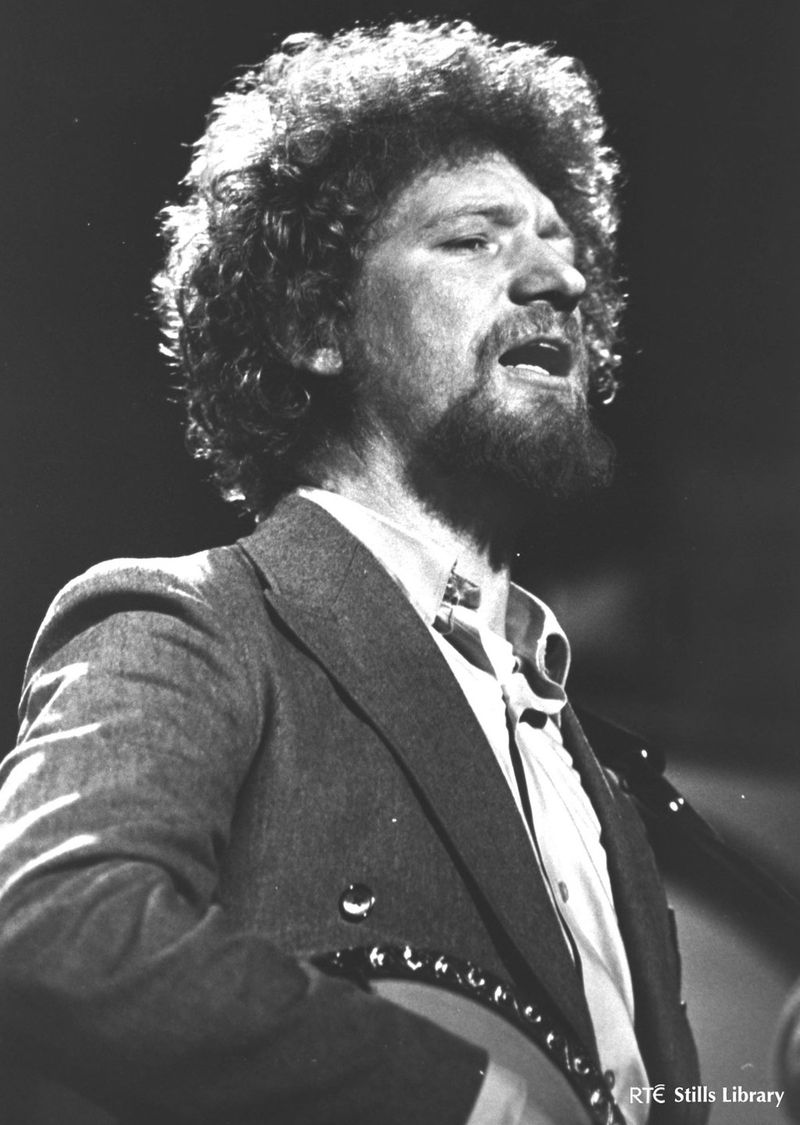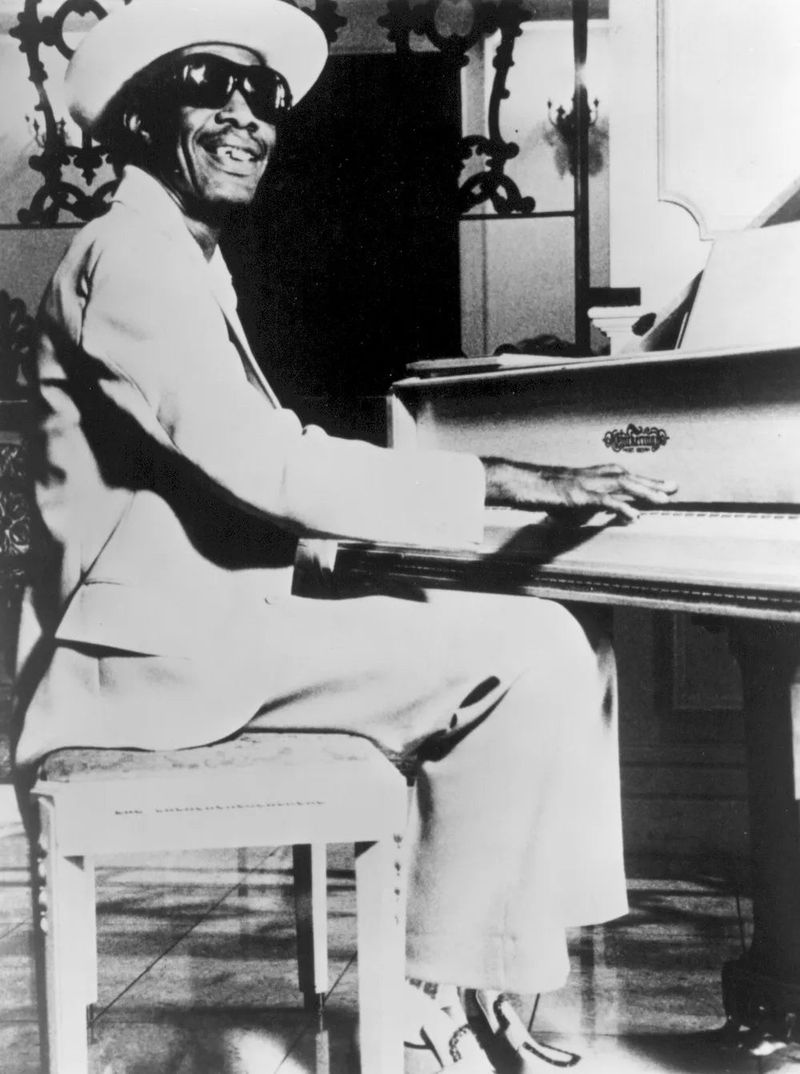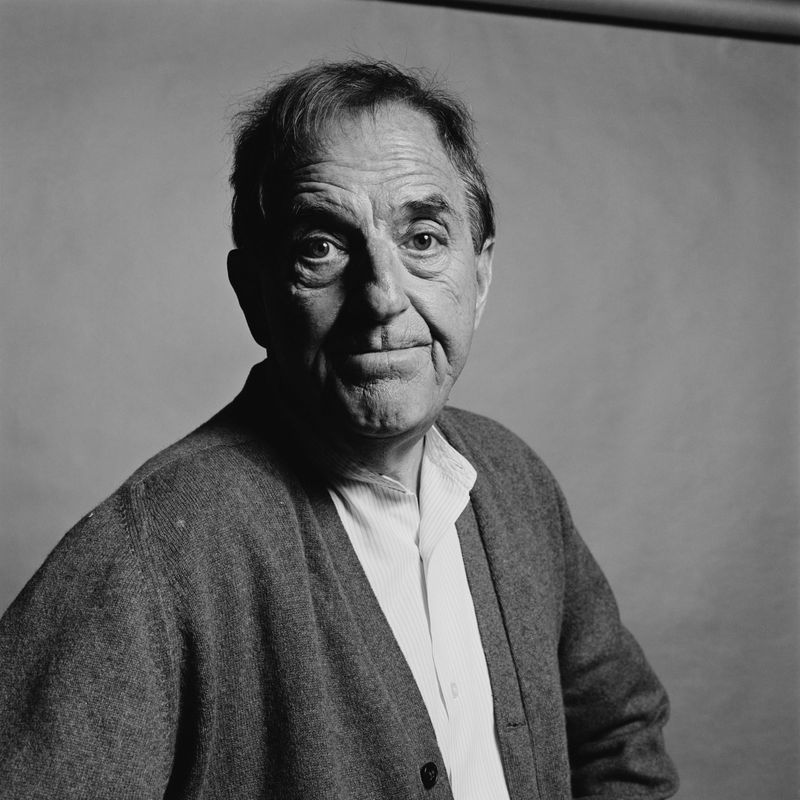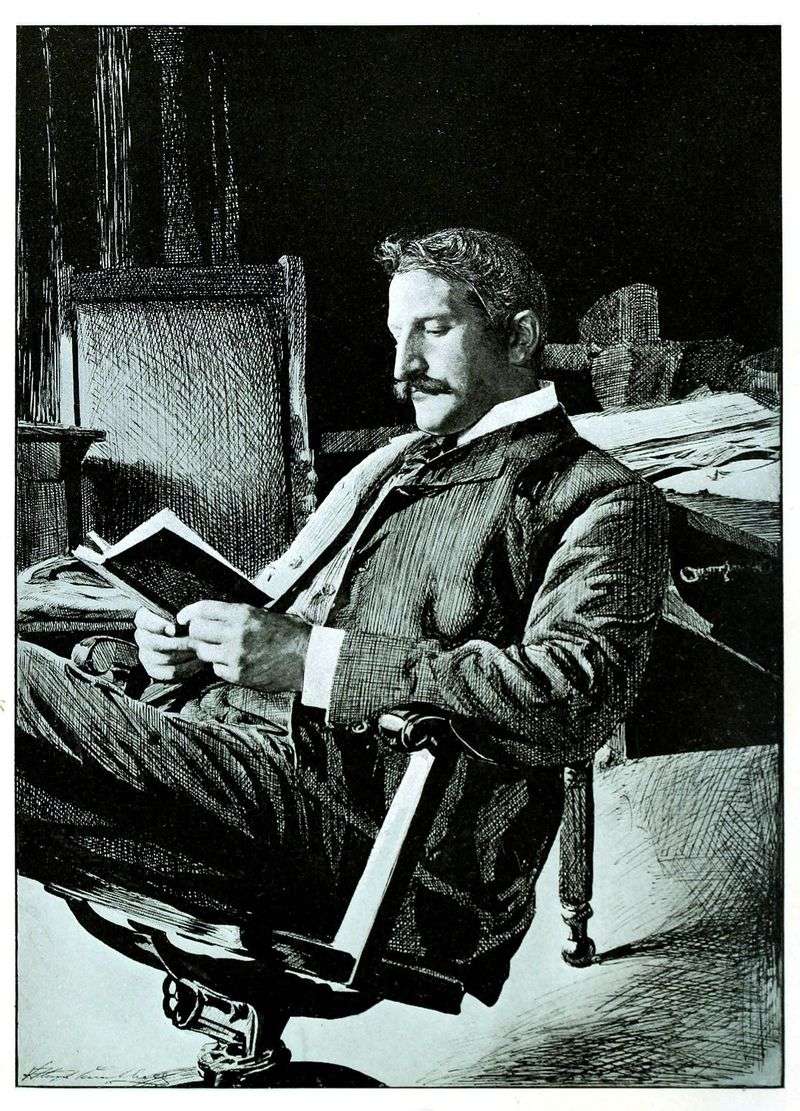Throughout history, January 30 has marked the passing of numerous notable figures. This blog post commemorates 35 individuals who left an indelible mark on the world in various fields, from politics and music to science and literature.
Each life story is a testament to the diverse impact one can have on the world, continuing to inspire and influence even after their passing.
Join us as we explore the rich legacies of these historical figures, celebrating their contributions and remembering their life stories.
1. Charles I of England
Charles I of England was born in 1600 and served as King of England, Scotland, and Ireland from 1625 until his execution in 1649. His reign was marked by a turbulent relationship with Parliament, leading to the English Civil War.
Charles believed in the divine right of kings, which strained his governance and ultimately led to his downfall.
The conflict between monarchy and parliament escalated under his rule, resulting in Charles being tried and executed for high treason.
His death marked a significant turning point in British history, paving the way for the brief establishment of the Commonwealth of England under Oliver Cromwell.
2. Peter II of Russia
Peter II of Russia, born in 1715, was the Emperor of Russia from 1727 until his untimely death in 1730 from smallpox. He was the grandson of Peter the Great and assumed the throne at a young age.
His short reign was marked by the influence of court factions and his reliance on advisors.
Peter II’s death marked the end of the male line of the Romanov dynasty, leading to a succession crisis. Despite his brief rule, he played a crucial role in the complex tapestry of Russian imperial history, illustrating the challenges of hereditary monarchy.
3. Betsy Ross
Betsy Ross, born in 1752, is a celebrated American seamstress, widely credited with creating the first American flag. Her legacy is interwoven with the fabric of American history, symbolizing the nascent nation’s identity.
Despite limited documentation, her contribution is an enduring symbol of American independence.
Betsy ran an upholstery business and was known for her skilled needlework. Her story highlights the role of women in shaping American history, often behind the scenes.
y stitching together the stars and stripes, Betsy Ross became an emblem of patriotism, her life and work inspiring future generations.
4. Osceola
Osceola, born in 1804, was a prominent leader of the Seminole tribe in Florida, known for his resistance against U.S. government efforts to relocate the Seminoles from their native lands. He played a vital role in the Second Seminole War, using guerrilla tactics to challenge U.S. forces.
Despite being captured under a flag of truce, his leadership and resistance became symbolic of Native American struggles against federal encroachment.
Osceola’s legacy endures as a symbol of Native American resilience and determination to preserve their culture and land, inspiring generations in the fight for indigenous rights.
5. Emperor Kōmei
Emperor Kōmei, born in 1831, served as the Emperor of Japan from 1846 until his death in 1867. His reign was characterized by significant internal strife and external pressure as Japan faced Western influences and internal reformist movements.
Kōmei opposed the opening of Japan to Western nations, advocating for national isolation. His resistance to Westernization was a defining aspect of his reign, influencing Japan’s subsequent path to modernization.
Emperor Kōmei’s life and reign marked a transitional period in Japanese history, setting the stage for the Meiji Restoration, which transformed Japan into a modernized nation-state.
6. Rudolf, Crown Prince of Austria
Rudolf, Crown Prince of Austria, born in 1858, was the heir apparent to the Austro-Hungarian throne.
Known for his progressive views, Rudolf often clashed with his conservative father, Emperor Franz Joseph I. His untimely death in 1889, in a suicide pact with his mistress, left the empire in shock.
Rudolf’s death at Mayerling had profound implications, both personally for the imperial family and politically for the Austro-Hungarian Empire.
His tragic end remains a source of intrigue and speculation, symbolizing the complex pressures faced by royal figures. His life and death profoundly impacted European history.
7. Johannes Fibiger
Johannes Fibiger, born in 1867, was a Danish physician and Nobel laureate renowned for his groundbreaking research in medical science.
He received the Nobel Prize in Physiology or Medicine in 1926 for his discovery of the Spiroptera carcinoma, which provided insights into the link between infections and cancer.
Fibiger’s work laid the foundation for future cancer research, highlighting the significance of scientific inquiry in understanding human health.
Despite later controversies about his findings, his contributions to medical science remain influential. Fibiger’s legacy serves as a reminder of the importance of innovation and perseverance in scientific endeavors.
8. Mahatma Gandhi
Mahatma Gandhi, born in 1869, was a pivotal leader in the Indian independence movement, renowned for his philosophy of non-violence and civil disobedience. His leadership and vision played a crucial role in India’s struggle for freedom from British colonial rule.
Gandhi’s teachings on non-violent resistance influenced civil rights movements worldwide, inspiring leaders such as Martin Luther King Jr. His legacy continues to resonate, advocating for peace, justice, and equality.
Gandhi’s life exemplifies the power of non-violence and truth, encouraging individuals to effect change through peaceful means. His enduring influence remains a testament to his profound impact.
9. Orville Wright
Orville Wright, born in 1871, alongside his brother Wilbur, revolutionized aviation by inventing the first successful airplane. Their historic flight in 1903 at Kitty Hawk marked the beginning of the age of flight, changing transportation and communication forever.
Orville’s technical expertise and innovative spirit were instrumental in achieving powered flight, making the impossible a reality. The Wright brothers’ legacy continues to inspire aviation pioneers and enthusiasts.
Orville’s contributions underscore the potential of human ingenuity and perseverance, symbolizing the endless possibilities of invention. His life’s work paved the way for modern aerodynamics and space exploration.
10. Ferdinand Porsche
Ferdinand Porsche, born in 1875, was an Austrian automotive engineer who founded the Porsche car company. Known for designing iconic vehicles, including the Volkswagen Beetle and the Porsche 911, his innovations shaped the automotive industry.
Porsche’s engineering genius and passion for design revolutionized car manufacturing, blending performance and aesthetics. His work continues to influence modern automotive engineering, leaving a lasting legacy in the pursuit of speed and style.
Ferdinand Porsche’s contributions highlight the intersection of creativity and technology, inspiring future generations of engineers and designers to push the boundaries of what is possible.
11. Francis Poulenc
Francis Poulenc, born in 1899, was a celebrated French composer and pianist, known for his contributions to both instrumental and vocal music. As a member of the group Les Six, he was part of a movement that sought to redefine French music in the 20th century.
Poulenc’s compositions, characterized by their wit and harmonic innovation, remain popular in concert repertoires. His works, ranging from operas to choral pieces, reflect a unique blend of humor, pathos, and lyricism.
Poulenc’s enduring influence on modern classical music attests to his creative genius and his ability to capture the human experience through sound.
12. Lightnin’ Hopkins
Lightnin’ Hopkins, born in 1912, was a renowned American country blues singer and guitarist, whose music resonated with authenticity and emotion. His distinctive style and compelling storytelling made him a pivotal figure in the blues genre.
Hopkins’ music, characterized by its soulful lyrics and rhythmic guitar playing, captured the struggles and triumphs of everyday life. His influence extended beyond blues, impacting rock and folk musicians.
Lightnin’ Hopkins’ legacy is a testament to the power of music as a vehicle for personal and social expression, inspiring countless artists with his raw and heartfelt performances.
13. Patty Andrews
Patty Andrews, born in 1918, was the lead singer of the iconic Andrews Sisters, a group that became famous during World War II. Known for hits like “Boogie Woogie Bugle Boy,” their music provided comfort and entertainment to troops and civilians alike.
Patty’s dynamic vocals and charismatic stage presence captivated audiences worldwide. The Andrews Sisters’ harmonious sound and energetic performances became synonymous with the wartime era.
Patty Andrews’ career highlighted the power of music to unite and uplift, leaving a lasting imprint on popular culture. Her contributions continue to resonate, celebrating the spirit of harmony and resilience.
14. Sidney Sheldon
Sidney Sheldon, born in 1917, was a prolific American writer and producer, celebrated for his bestselling novels and successful television shows. His works, including “The Other Side of Midnight,” captivated readers with their suspenseful plots and complex characters.
Sheldon began his career in Hollywood, winning an Academy Award for screenwriting before transitioning to novels. His storytelling mastery earned him a devoted readership, making him one of the most translated authors in history.
Sidney Sheldon’s legacy is a testament to the enduring power of storytelling, inspiring writers and creators to engage audiences with captivating narratives.
15. Coretta Scott King
Coretta Scott King, born in 1927, was a pivotal civil rights leader and the wife of Martin Luther King Jr. Her commitment to equality and justice extended beyond her husband’s legacy, championing human rights and social change throughout her life.
Coretta’s advocacy work and leadership in the civil rights movement helped to advance the cause of racial equality and peace. She founded the Martin Luther King Jr. Center for Nonviolent Social Change, ensuring the continuation of her husband’s work.
Coretta Scott King’s enduring influence is a testament to her unwavering dedication to justice, inspiring future generations in the fight for equality.
16. John Bardeen
John Bardeen, born in 1908, was an American physicist who uniquely won the Nobel Prize in Physics twice. His groundbreaking work in the development of the transistor revolutionized electronics, leading to the evolution of modern computing.
Bardeen’s contributions extended to the theory of superconductivity, further solidifying his place in scientific history. His work transformed technology and communication, impacting everyday life.
John Bardeen’s legacy underscores the importance of scientific exploration and innovation, inspiring future scientists to push the boundaries of what is technologically feasible.
17. Barbara La Marr
Barbara La Marr, born in 1896, was an American actress and screenwriter, celebrated for her roles during the silent film era. Known for her beauty and talent, she became a prominent figure in early Hollywood.
La Marr’s career was marked by her captivating performances and screen presence, earning her the nickname “The Girl Who Is Too Beautiful.” Despite her success, her life was tragically short, yet her influence on the film industry endures.
Barbara La Marr’s legacy highlights the fleeting nature of fame and the timeless allure of classic Hollywood, inspiring those captivated by the golden age of cinema.
18. Granville Woods
Granville Woods, born in 1856, was an innovative African-American inventor who held more than 50 patents. His inventions, particularly in the field of electrical engineering, significantly contributed to the development of modern communication systems.
Woods’ work included the multiplex telegraph, which improved railway communications and safety. His achievements paved the way for future technological advancements, particularly for marginalized communities.
Granville Woods’ legacy serves as a source of inspiration, showcasing the power of innovation to overcome societal barriers and contribute to progress.
19. Mark Salling
Mark Salling, born in 1982, was an American actor and musician best known for his role as Puck in the TV series “Glee.” His performances brought depth and complexity to the character, resonating with audiences worldwide.
Salling’s musical talents extended beyond acting, as he pursued a career in music, releasing his own albums. Despite his contributions to entertainment, his life was marred by personal controversies.
Mark Salling’s story reflects the complex nature of fame and the challenges faced by public figures, reminding us of the importance of compassion and understanding.
20. Sophie Xeon
Sophie Xeon, born in 1986, was a trailblazing Scottish musician and producer, celebrated for her innovative approach to electronic pop music. Her work challenged traditional boundaries, earning her acclaim for its creativity and boldness.
Sophie’s music was characterized by its avant-garde style and emotional depth, influencing artists across genres. Her untimely passing left a void in the music industry, but her legacy of pushing artistic boundaries endures.
Sophie’s contributions highlight the power of art to challenge norms and inspire change, encouraging future artists to explore and innovate in their creative endeavors.
21. Chita Rivera
Chita Rivera, born in 1933, is an iconic American actress, singer, and dancer celebrated for her remarkable contributions to musical theater. Known for her roles in “West Side Story” and “Chicago,” she captivated audiences with her dynamic performances.
Rivera’s career spans decades, earning her numerous accolades and cementing her status as a Broadway legend. Her talent and dedication to the performing arts continue to inspire artists and theater enthusiasts.
Chita Rivera’s legacy is a testament to the transformative power of performance, highlighting the enduring impact of theater on culture and society.
22. Bobby Hull
Bobby Hull, born in 1939, was a legendary Canadian professional ice hockey player renowned for his speed and powerful shot. He played a pivotal role in popularizing the sport, earning the nickname “The Golden Jet.”
Hull’s career included numerous records and accolades, leaving an indelible mark on the world of hockey. His passion and dedication to the game inspired generations of players and fans, contributing to the sport’s global popularity.
Bobby Hull’s legacy celebrates the spirit of athletic excellence and the joy of competition, encouraging athletes to pursue their dreams and push their limits.
23. John Barry
John Barry, born in 1933, was a distinguished British composer known for his iconic film scores, including many James Bond themes. His music, characterized by its lush orchestration and memorable melodies, became synonymous with cinematic storytelling.
Barry’s contributions to film music earned him numerous accolades, including Academy Awards for scores like “Out of Africa.” His work influenced countless composers, setting a benchmark for excellence in film scoring.
John Barry’s legacy is a testament to the power of music to enhance and elevate the narrative, leaving an enduring imprint on the world of cinema.
24. Jean-Pierre Aumont
Jean-Pierre Aumont, born in 1911, was a celebrated French actor whose career spanned theater and film, both in France and internationally. Known for his charm and versatility, he appeared in numerous acclaimed productions.
Aumont’s performances earned him recognition and accolades, making him a prominent figure in European cinema. His work bridged cultural divides, bringing French artistry to global audiences.
Jean-Pierre Aumont’s legacy is a testament to the enduring appeal of classic cinema and the power of film to transcend boundaries, inspiring future generations of actors and filmmakers.
25. Georges de La Tour
Georges de La Tour, born in 1593, was a masterful French Baroque painter known for his use of chiaroscuro, creating dramatic contrasts between light and shadow. His works often depicted intimate, candlelit scenes, capturing the essence of human emotion.
De La Tour’s art, initially overlooked, gained recognition centuries later for its unique style and emotional depth. His influence on the Baroque period remains significant, inspiring artists and art historians alike.
Georges de La Tour’s legacy underscores the lasting impact of artistic innovation, celebrating the timeless beauty of his work and its contribution to art history.
26. William Chillingworth
William Chillingworth, born in 1602, was an English theologian and controversialist known for his works defending the Anglican faith. His writings, including “The Religion of Protestants,” emphasized rational inquiry in religious belief.
Chillingworth’s intellectual rigor and eloquence made him a prominent figure in religious debates of his time. His contributions to theological discourse influenced later thinkers, highlighting the importance of reasoned argument in matters of faith.
William Chillingworth’s legacy remains a testament to the power of critical thinking and dialogue in shaping religious and philosophical thought.
27. Bonnie Prince Charlie
Bonnie Prince Charlie, born in 1720, was a key figure in the Jacobite uprising of 1745, which aimed to restore the Stuart monarchy to the British throne. Known for his charisma and leadership, he garnered support from Scottish clans.
Despite initial successes, the rebellion ultimately failed, and Charlie spent much of his life in exile. His romanticized legacy endures in Scottish history and culture, symbolizing the struggle for independence and the complexities of loyalty.
Bonnie Prince Charlie’s story continues to captivate, illustrating the enduring power of leadership and the quest for freedom.
28. Asa Gray
Asa Gray, born in 1810, was a prominent American botanist whose work significantly advanced the study of plant taxonomy and biogeography. His collaboration with Charles Darwin helped to introduce Darwinian theories to the American scientific community.
Gray’s extensive research and publications established him as a leading figure in botany, influencing the field’s development in the 19th century.
His legacy highlights the importance of scientific collaboration and exploration. Asa Gray’s contributions continue to inspire botanists and naturalists, emphasizing the interconnectedness of life and the wonder of the natural world.
29. William Carleton
William Carleton, born in 1794, was an influential Irish writer known for his vivid depictions of rural Irish life. His collection “Traits and Stories of the Irish Peasantry” offered insights into the socio-cultural dynamics of 19th-century Ireland.
Carleton’s storytelling captured the essence of Irish identity, blending humor and pathos to portray the complexities of rural existence.
His work remains a vital part of Irish literary heritage, reflecting the struggles and triumphs of the Irish people. William Carleton’s legacy underscores the power of literature to preserve cultural narratives and foster understanding across generations.
30. Virginia Clemm Poe
Virginia Clemm Poe, born in 1822, was the wife of the renowned American writer Edgar Allan Poe. Their marriage, though brief, profoundly influenced Poe’s life and work, with Virginia serving as a muse for many of his poems.
Her untimely death from tuberculosis deeply affected Poe, inspiring some of his most poignant and haunting works.
Virginia’s legacy is enshrined in the enduring power of literature to capture human emotion and loss. Her life story reflects the personal struggles and inspirations behind the literary masterpieces that continue to captivate readers today.
31. Dominique Pire
Dominique Pire, born in 1910, was a Belgian Dominican friar and Nobel Peace Prize laureate known for his humanitarian efforts in post-war Europe. His work focused on aiding refugees and promoting peace and reconciliation.
Pire’s commitment to social justice and his innovative approach to humanitarian work earned him international recognition. His initiatives helped to rebuild communities and restore hope in the aftermath of conflict.
Dominique Pire’s legacy is a testament to the power of compassion and the impact of dedicated humanitarian efforts, inspiring future generations to work towards a more peaceful and equitable world.
32. Luke Kelly
Luke Kelly, born in 1940, was a celebrated Irish folk singer and a founding member of The Dubliners. Known for his powerful voice and passionate performances, he became an icon of Irish music.
Kelly’s contributions to folk music and his ability to convey the spirit of Ireland through song earned him a devoted following. His influence on Irish music remains profound, with his renditions of traditional songs continuing to resonate with audiences.
Luke Kelly’s legacy celebrates the cultural richness of Irish music and its ability to connect people across generations and borders.
33. Professor Longhair
Professor Longhair, born in 1918, was a seminal American blues singer and pianist whose work greatly influenced New Orleans music. His unique style blended blues, jazz, and Caribbean rhythms, earning him a dedicated fan base.
Longhair’s music, characterized by its infectious rhythms and improvisational flair, became a cornerstone of the New Orleans sound.
His legacy endures through the countless musicians he inspired and the vibrant music scene he helped to shape. Professor Longhair’s contributions highlight the power of music to transcend cultural barriers and bring joy and unity to diverse audiences.
34. Stanley Holloway
Stanley Holloway, born in 1890, was an English actor and comedian known for his roles in musical theatre and film. His performance as Alfred P. Doolittle in “My Fair Lady” brought him international acclaim.
Holloway’s talent for comedy and song made him a beloved figure in entertainment, with a career spanning decades. His work in theater and film continues to entertain audiences, demonstrating the enduring appeal of classic performances.
Stanley Holloway’s legacy celebrates the joy of theater and the power of humor and music to uplift and connect people.
35. Frank Nelson Doubleday
Frank Nelson Doubleday, born in 1862, was a pioneering American publisher and founder of Doubleday & Company. His vision and dedication to the literary industry helped shape the publishing landscape in the 20th century.
Doubleday’s commitment to discovering and promoting new authors contributed to the success of numerous literary works. His legacy in publishing highlights the importance of nurturing creativity and providing a platform for diverse voices.
Frank Nelson Doubleday’s contributions to the world of literature continue to inspire publishers and writers, emphasizing the transformative power of books to educate and enlighten.
